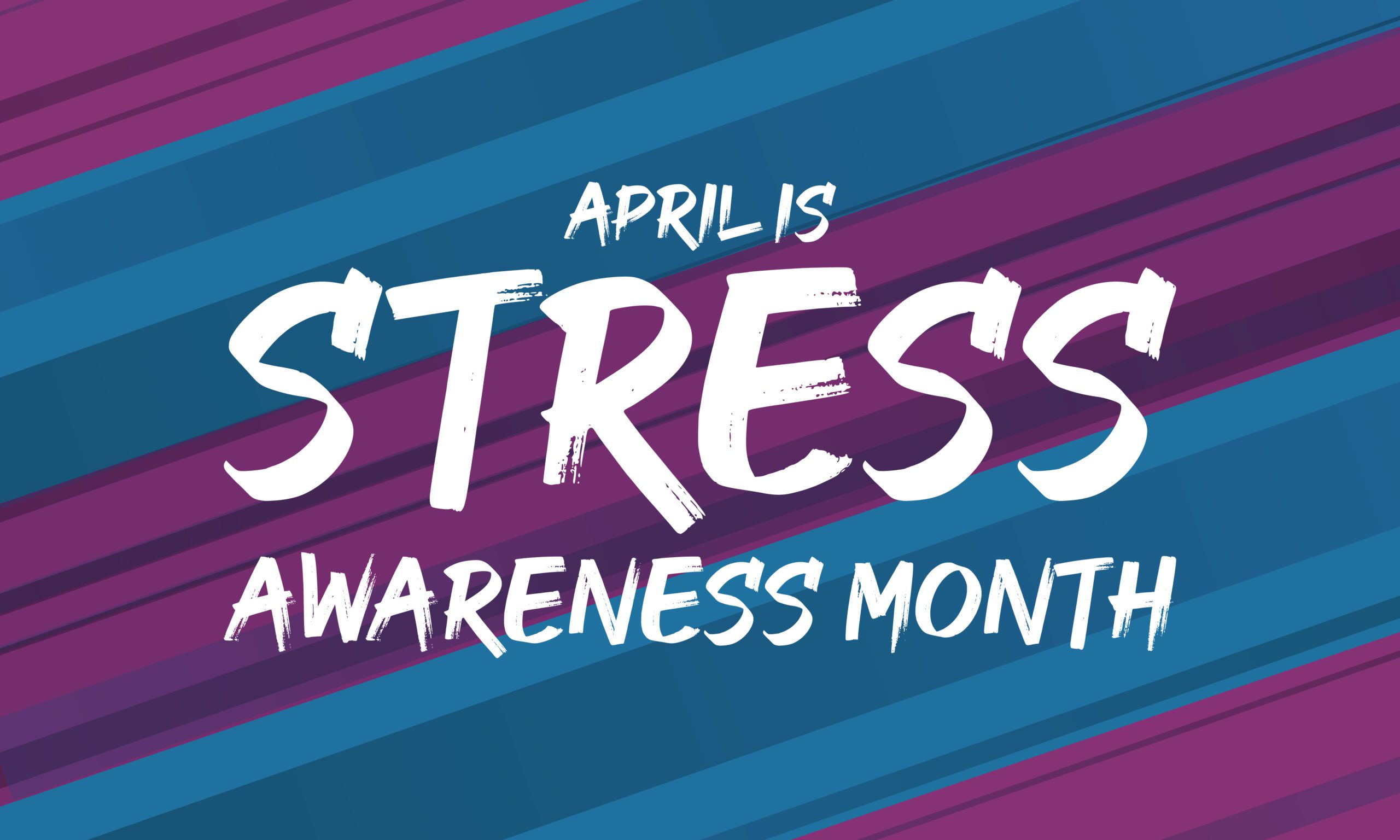Stress can be a significant and often overlooked threat to health that can impact daily lives. Since April is considered “Stress Awareness Month,” it’s important to recognize that stress can lead to various serious health issues, a former neurologist said.
“Neurologically, stress doesn’t really cause a lot of changes, but if a person experiences (stress) for a long time, it can cause memory loss and behavioral changes,” Grisel Rada, former neurologist and Orlando resident, said.
Caitlyn Vasey, a sophomore English major, was recently diagnosed with depression and anxiety due to college stressors.
Even before the diagnosis, she felt like anything that didn’t involve lying in bed and playing on her phone felt like a waste of time. The thought of being in big crowds and dealing with final exams gave her a lot of anxiety.
“Classes felt like such a difficult task; I just couldn’t do it,” Vasey said. “The biggest symptom I noticed was just being in bed all the time, not going to class, not seeing my friends. I was kind of isolating myself in a way.”
Vasey works as a resident assistant for the Rosen College campus and says her job is the most stressful thing in her life.
“When I’m on call, I’m normally super on edge because at any moment, if a situation arises, I have to deal with it, no matter if I’m in the middle of like a test, if I’m hanging out with friends, I have to report to it,” Vasey said.
According to the Valley Professionals Community Health Center, a study by The American Institute of Stress, about 33% of people report feeling extreme stress, 77% of people experience stress that affects their physical health, 73% of people have stress that impacts their mental health and 48% of people have trouble sleeping because of stress.
Rada said when a person is under a lot of stress for a long time, the levels of serotonin and dopamine, the main neurotransmitters in the brain in charge of making a person feel good, start decreasing. Interchangeably, the levels of cortisol — a steroid hormone that affects several aspects of a person’s health and helps regulate their body’s response to stress — start increasing.
Rada said that on an anatomical level, people don’t experience a lot of changes. It’s more about physiological changes that can potentially present.
According to The American Institute of Stress, different types of stress can potentially affect a person’s life. Eustress is the good stress in life, such as making new friends or graduating. Distress involves bad experiences like financial problems or work difficulties. Acute stress is the flight-or-fight response and chronic stress is the general cost of living such as bills.
Olivia Smith, sophomore English and legal studies double major, said during finals week she only focuses her attention on studying, nothing else matters, which helps her deal with anxiety levels.
“There’s no work and I don’t hang out with my friends; I’m literally just focusing on finals,” Smith said. “I make a schedule or spend a lot of time at the library; I don’t just stay in my room, but finals week is literally just all about finals.”
UCF offers students access to multiple services and programs to help them cope with the stress and anxiety caused by not only school but their daily lives as well, including Counseling and Psychological Services and Wellness and Health Promotion Services.
Vanessa Stein, CAPS assistant director and outreach prevention, said one of the most important treatments they offer is counseling.
Stein said that 60% of students seek help at CAPS because of anxiety problems, making it the number one reason for counseling. Stress and depression are number two, making up around 37% of the student body.
UCF’s Wellness and Health Promotion Services also offers different programs to help students deal with stress, the most common being Biofeedback: Relaxation Training Program, which is a one-on-one counselor-assisted training program that educates students to implement relaxation techniques in a six-session time period.
Pam Mills, WHPS biofeedback and stress management coordinator, said students are always looking for ways to manage stress and that the biofeedback program is a good way to help them achieve that goal.
The program involves breathing techniques, muscle relaxation, monitoring the circulatory response to stress, relaxation techniques such as meditation and guided imagery. This one involves guiding the student through a scene like a beach scene and takes them outside of a stressful situation and puts them in a relaxing scenario.
Some people prefer to try different coping mechanisms on their own, such as finding a different environment to decompress.
“I’m an English major, so I usually find myself very stressed and anxiety-ridden when it comes to my finals because of writer’s block,” Vasey said. “My room usually holds a lot of that anxiety, so I try to find a different environment like my boyfriend’s house because I know he’ll help cope through that.”
Smith feels like reading is the best way to get out of her head and focus on just one thing.
“It’s genuinely one of the only times where I’m not in my head about something,” Smith said. “I’m completely focused on the book and, like, in a different world and just kind of detached from what’s going on in my life.”
Stress can represent a threat to a person’s well-being, but Vasey said finding a support system or a coping mechanism to help navigate through it can be useful.
“My biggest advice is to ask for help and rely on your support system,” Vasey said. “For a long time, I kept thinking that I could do this on my own, but if you surround yourself with people who truly love you, they’ll understand, and they’ll do their best to support you through anything that may stress you out or give you anxiety.”



